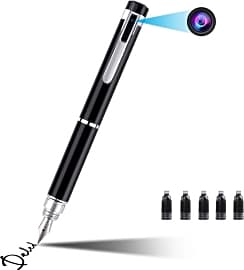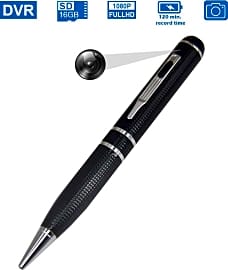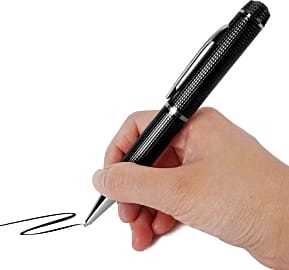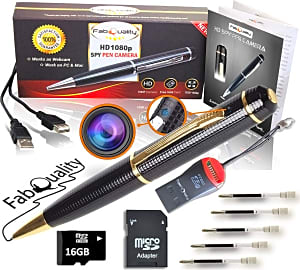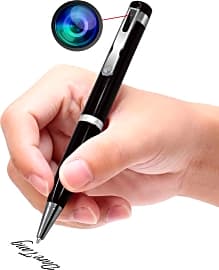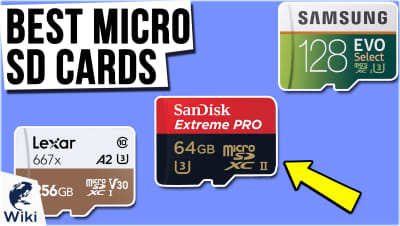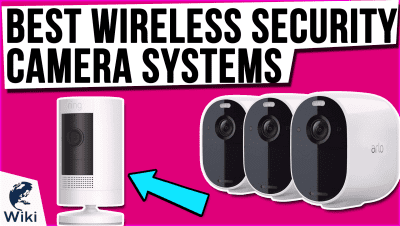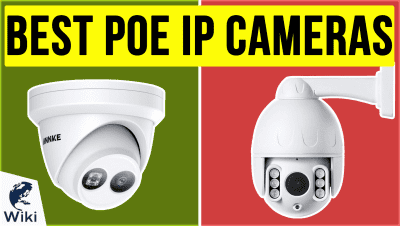The 6 Best Camera Pens

This wiki has been updated 38 times since it was first published in July of 2015. While the use of hidden recording devices for surreptitious monitoring or surveillance can land you in hot water with the authorities — not to mention anyone whose image or voice you've captured without consent — these camera pens can still come in handy for lectures, presentations and public meetings. Just follow applicable laws and avoid violating anyone's reasonable expectations of privacy. When users buy our independently chosen editorial picks, we may earn commissions to help fund the Wiki.
Editor's Notes
December 25, 2020:
There was quite a bit of turnover this round of updates, as half of our previous picks – to be specific: the OmniWire Mini Spy, GSmade Surveillance and iSmartPen Pro – seemed to be suffering from availability issues.
In order to replace those losses, we came up with three new picks: the FabQuality Gadgets Spy — which boasts a slick motion-detection mode; the Jzori Body Camera — which stands out in the category with the inclusion of a fountain pen, in lieu of a ball-point instrument; and the SirGawain Hidden Spy — which caught our eye with its capacity to handle SD cards up to 128-gigabytes, which is four times more than many options in this category, including the Fuvision Mini and Wiseup HD.
It should be noted that, while the the extra memory is nice, what will really hold you back in this category is battery life, which will hit the wall way before you run out of room on your micro SD card. We saw battery capacities as low as 170 milliamp-hours during our research, but the weakest unit we ranked in this respect is the FabQuality Gadgets Spy, with 220 milliamp-hours. The Fuvision Mini had the largest capacity we saw, at 400 milliamp-hours.
December 04, 2018:
Referenced legal and ethical ramifications of using hidden recording devices. Replaced older models with the latest advances, specifying audio and video recording capabilities, storage capacity and battery life.
Spies Among Us
It's vital in a climate like this to operate with as much discretion as humanly possible, and technology has always played an enormous part in this part of the process.
Make no mistake; espionage is an art form. It requires incredible cunning, persistence, and sleight of hand. Dangers lurk around every corner, threatening to capture you and disappear you once and for all. It's vital in a climate like this to operate with as much discretion as humanly possible, and technology has always played an enormous part in this part of the process.
Watch the first third of any James Bond film and there is guaranteed to be, by the rules of such films' construction, a sequence in which James acquires some newfangled high-tech weaponry that will play a vital role later in his journey. Some of these have been explosively violent, while others have served as a touch of self-reflexive comic relief.
In one such scene, James picks up a pen and clicks it, an action that causes his resident scientist, Q, to panic. Apparently, the pen is also a bomb. Just as it seems like everything in the room is some kind of cleverly disguised weapon, James picks up a long, Italian hoagie and asks, "And what does this do?" Q panics again, and we think the sandwich is about to blow up as he says, "Don't touch that! It's my lunch."
While they may not pose an immediate threat to life or limb, the camera pens on this list would be at home in any corner of Q's laboratory. They boast abilities that Ian Fleming and the series' filmmakers could scarcely have predicted before the advent of digital photography.
Inside each pen is a wide-angle lens that captures a broad field of view at such a high resolution that it would make Agent 007 blanch. The ability to record video and slow it down to half-speed without losing a frame means you could pull stills of sensitive material or identifying persons who barely cross your path.
Some of the pens record to an internal hard drive, after which you can transfer the footage to your computer via USB, while others have interchangeable micro SD card slots so you can upgrade the amount of video you can record.
Be Careful Who You Capture
When it comes to camera pens, you'll likely notice that the more you spend, the finer the video quality and storage options become. It's a pretty direct scale, in fact, so you can ask yourself what minimum video quality you need for your purposes and what you're willing to spend, which ought to narrow your selections down to one or two serviceable options.
Of course, it would help if the one you chose made sense as part of your ensemble.
Of course, it would help if the one you chose made sense as part of your ensemble. Ask the haughty guys at the Mont Blanc store, where their most affordable option still costs hundreds, and they'll tell you how important a pen can be to your overall attire. Since most of these pens are a little nicer, it would behoove you to work on pairing them with a good suit you may already own–just to keep up appearances.
Whichever pen you end up choosing, make sure you investigate your state's wiretap laws. The clandestine tracking of video and audio both fall under the letter of wiretap statutes, and running afoul of them could land you in serious trouble.
Imagine, for instance, that you're being harassed, threatened or intimidated by a certain individual, and you buy a camera pen to track evidence of the crime for the acquisition of a restraining order or to press charges. You might bring the video to a judge only to find that not only is the video inadmissible, but the fact that you recorded the individual in question without his or her consent opens you up to criminal prosecution.
Tiny Little Film
Before digital photography made unbelievably small cameras relatively common, some no bigger than a grain of salt, any attempt to create a concealable spy camera still relied on actual film.
The camera slid open and closed, the movement of which action would also advance the 9.2mm film.
35mm film was out of the question. It was simply too big to carry on one's person. It did work in situations where one might cut a hole in a bag through which a camera lens could see, and carry that bag around with a shutter release running along its strap. As long as the bag was pointed in the right direction and the field of view was set as widely and deeply as possible, one could capture a few decent images.
In the 1920s, a Baltic German by the name of Walter Zapp began development on a tiny film camera that he called the Minox subminiature camera. The camera slid open and closed, the movement of which action would also advance the 9.2mm film. The popularity of Minox's subminiature camera set off a string of competitive developments, but Minox remained at the top of an admittedly niche market until digital photography set it back against a wave of new technologies.
Since that revolution, camera specs have gotten smaller and smaller, and the fields of view, recording times, and image qualities of the spy cameras available to consumers continue to rise.


